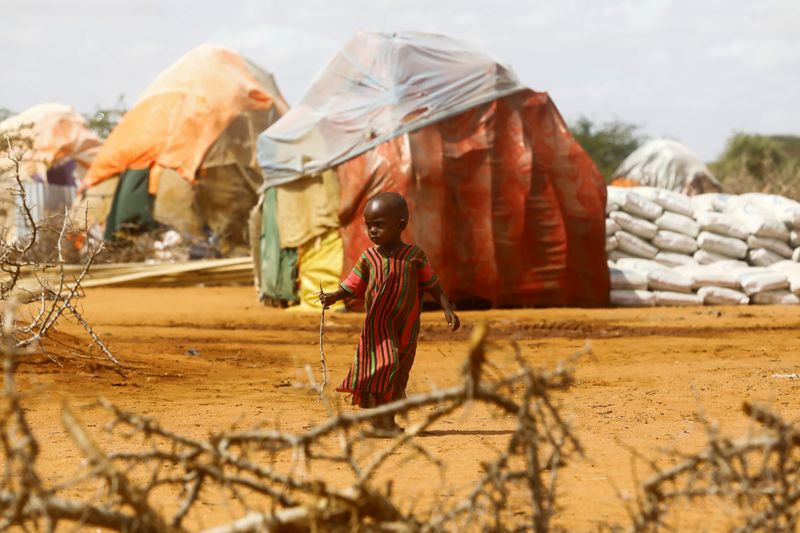Africa needs food liquidity-Reuters NEXT
2022.11.30 11:36
[ad_1]

Africa needs food liquidity-Reuters NEXT
Budrigannews.com – According to speakers on a panel at the Reuters NEXT conference on Wednesday, African nations facing a food crisis caused in part by the global pandemic and the conflict in Ukraine require immediate liquidity support and, in some cases, debt relief.
In recent years, prolonged armed conflicts and the effects of climate change, which have resulted in prolonged droughts in some regions and floods that kill crops in others, have exacerbated food insecurity in a large portion of Africa.
However, a pandemic-induced economic downturn, rising debt levels, and, more recently, Russia’s invasion of Ukraine, which is partly to blame for spikes in the prices of food, fuel, and fertilizer, exacerbated the situation.
Abebe Aemro Selassie, director of the International Monetary Fund’s (IMF) Africa Department, stated, “It’s not just been these macroeconomic fallouts, but also, heart-wrenchingly, the issue of food insecurity.”
“Food insecurity has increased at an unprecedented rate.”
In the past year, the number of East Africans experiencing acute food insecurity increased by 60% to 82 million.It has increased from 31 million to 42 million in West Africa.
Michael Dunford, Eastern Africa director for the United Nations World Food Programme, stated, “Immediately, (we need) investment through social protection systems addressing humanitarian requirements, food, and making cash available for individuals.”
The International Monetary Fund (IMF) and the World Bank supported a plan during the pandemic that freed up resources for strengthening economies and health systems by suspending rapidly increasing debt service obligations for poor nations.
That drive has now lapsed notwithstanding, even as numerous countries are battling to take care of their kin.
The International Monetary Fund (IMF) approved a new food shock window last month, providing countries with access to emergency financing to combat severe food insecurity and offset significant increases in food import costs.
However, Razia Khan, Standard Chartered’s Chief Economist for the Middle East and Africa (OTC:)The bank wondered if simply increasing liquidity would suffice.
“Is it likely that more and more sovereigns will need to undergo some form of deep restructuring?” is a significant question that remains unanswered.She stated
A so-called Common Framework that aims to streamline debt restructuring and profiling for struggling poor countries has been approved by the major economies of the Group of Twenty (G20).
Governments would be able to concentrate on pressing issues like food insecurity if their debts were reduced. However, nearly two years later, only a few nations have chosen to utilize the framework, and only Chad has been successful in negotiating relief.
Khan stated, “Progress has been quite slow” as one of the many fundamental issues.
[ad_2]








